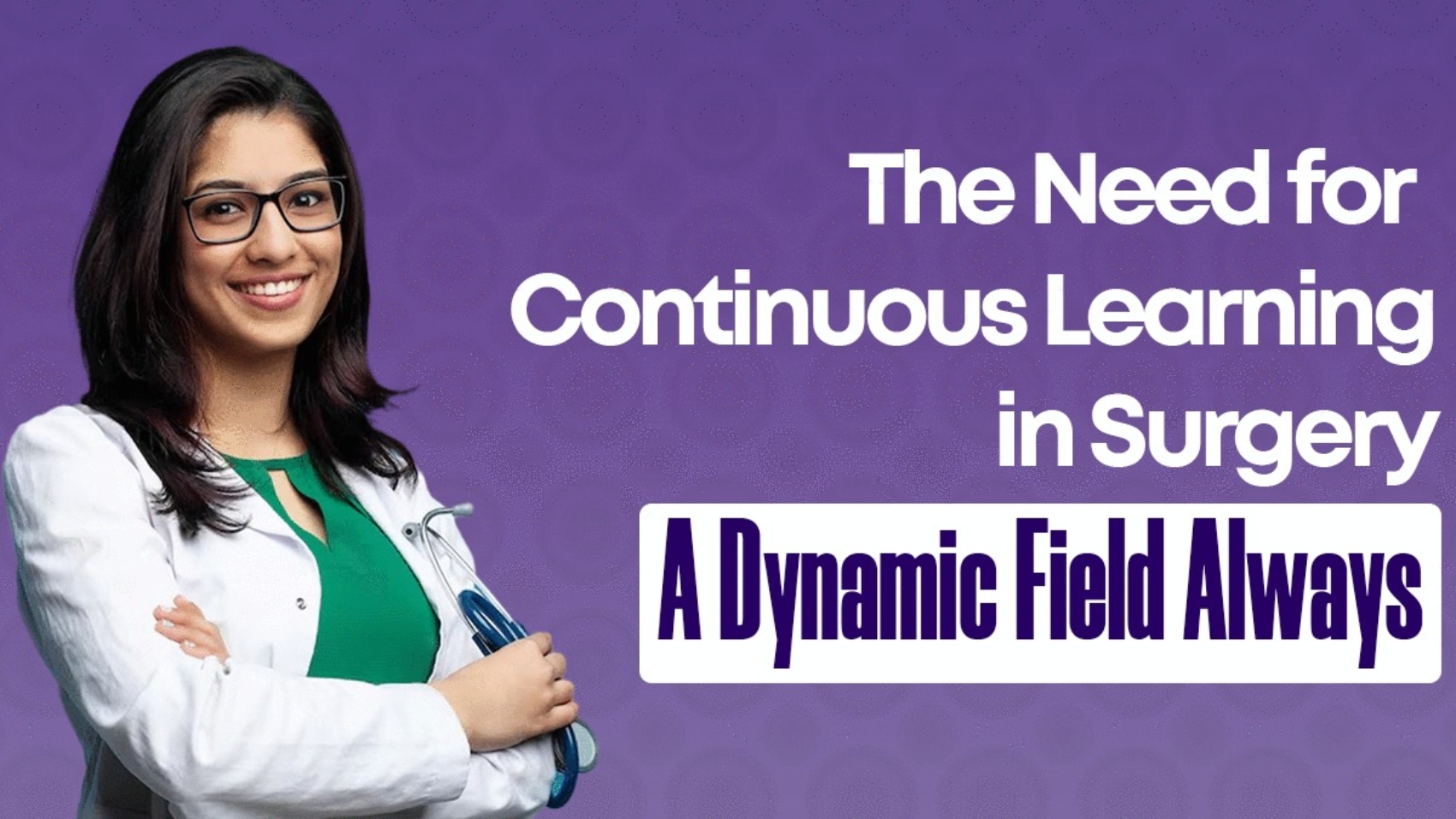Estimated reading time: 5 minutes
Perhaps no other specialty in medicine is as dynamic as surgery. Surgery residents and even professional surgeons today need learning continuously to remain updated with the changing times. Here is why continuous learning is important for those who have careers in a surgical career and what this says of the future of medical practice.
Ever-Changing Landscape of Surgery
The practice of surgery continuously evolves through new research findings and advances in technology. From open traditional procedures to minimally invasive techniques and even robot surgery, concepts in surgical practice keep changing, and experts have to be at the forefront in using the latest technology in surgery.
For a resident in general surgery or those in a Surgery Residency Program, change in this rapid pace will be a challenge and a good opportunity simultaneously. One cannot end with the initial training, the most successful surgeons are those who embrace continuous learning for Surgeons throughout their careers.
Why Continuous Learning Matters in Surgery?
- Improved Patient Outcomes: Staying current with the latest techniques and technologies directly translates to better patient care. It’s your learning whether in general surgery residency or departmental leadership that impacts the quality of care in patient safety and outcomes.
- Professional Advancement: In this competitive surgical field, it does not take one less than a continuous learning habit to get ahead. The best general surgery residencies typically focus on people who train in continuous education.
- Adaptation to New Technologies: Again, the emergence of technologies, for instance, robotic-assisted surgery, translates to a constant need for the surgeon to hone his skills so that he remains competent in the operating room.
- Learning and Innovation: Continuing to learn will not only make one updated but rather puts one in a position to contribute to that field through research and innovation.
- Personal Satisfaction: The ongoing nature of work is stimulating and personally satisfying for most surgeons, avoiding burnout and building higher job satisfaction.
Conceptual Surgery: A Model for Lifelong Learning
One such recent trend is the concept known as Conceptual Surgery. It allows the comprehension of the underlying principle of surgical techniques rather than just memorizing the methods. Conceptual Surgery allows surgeons to ‘think’ through the ‘why’ as well as the ‘how’ in their practice-to develop a strong foundation for lifelong learning.
The main features of Conceptual Surgery are:
- Critical Thinking: To make surgeons think and question some of the existing practices.
- Interdisciplinary Approach: Leverage relevant knowledge from other fields to direct surgical practice.
- Adaptive Learning: Leverage key principles applied to novel circumstances and technologies.
To someone in a surgery program or out setting off on a career of surgery, the Conceptual Surgery mindset can really enhance the efficiency of continuously developing a learning continuum.
How to Continuously Learn in Surgery?
- Conferences: You also keep abreast with the latest things going on in your field by attending conferences and workshops.
- Online Learning: Many excellent institutions offer online courses as well as webinars specifically designed for the benefit of surgical professionals.
- Simulation Practice: Use advanced simulators for a new technique, especially something like robotic-assisted surgery.
- Participate in or Stay Updated with Current Research: There is much more to participating in current research. Knowing what is being emerged can really help, starting from emerging trends to merely keeping updated with technologies.
- Mentorship: You can learn much both ways, by seeking mentorship or mentoring others.
- Interdisciplinary collaboration: It’s a good way to upgrade your knowledge and skills by working with other specialists.
Role of Technology in Continual Surgical Education
It is via technology that one can achieve modern surgery training. From virtual reality simulations to AI-assisted learning platforms, these are changing the way surgeons learn and hone their skills. Embracing these technologies as part of your continued learning journey would mean a big boost for your skills and keep you above the curve regarding innovation in surgical practice.
Conclusion: Embracing Lifelong Learning in Surgery
Continuous learning is important for any surgery resident as it is to an experienced practitioner. It’s not just about staying competitive; but rather the best way to provide utmost patient care and to continue the advancement process in the field.
Embracing continuous learning, a Conceptual Surgery mentality, and openness to new technologies and techniques, guarantees a long, fulfilling, and impactful surgical career.
Elevate Your Surgical Skills with Our Platform
Are you ready to advance your surgical knowledge and your surgical skills to the next level? Our learning platform is especially designed for surgeons of all levels: from residents surgery all the way to the seasoned practitioner.
Be one of our visionary surgeons of tomorrow! Visit ConceptualSurgery.com today to access our comprehensive library of surgical videos, training resources, and the latest insights into technological advancements in surgery. Join our community of forward-thinking surgeons and prepare yourself for the future of surgical care!

